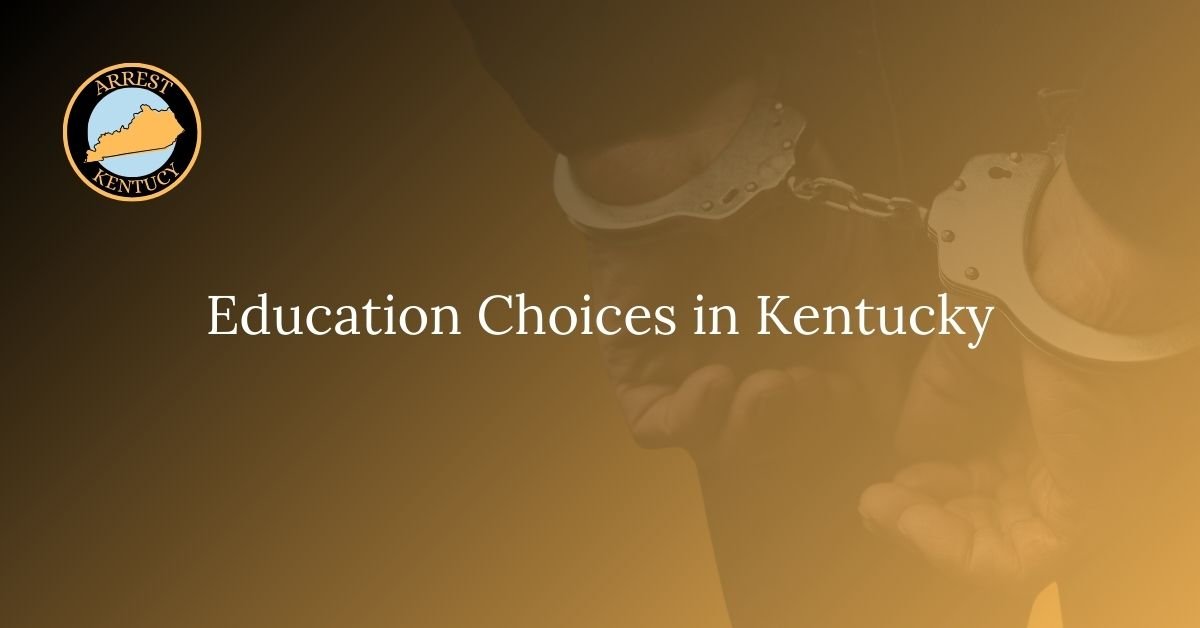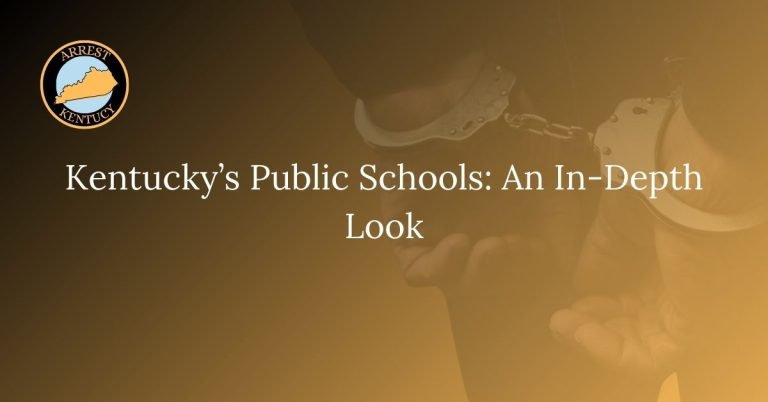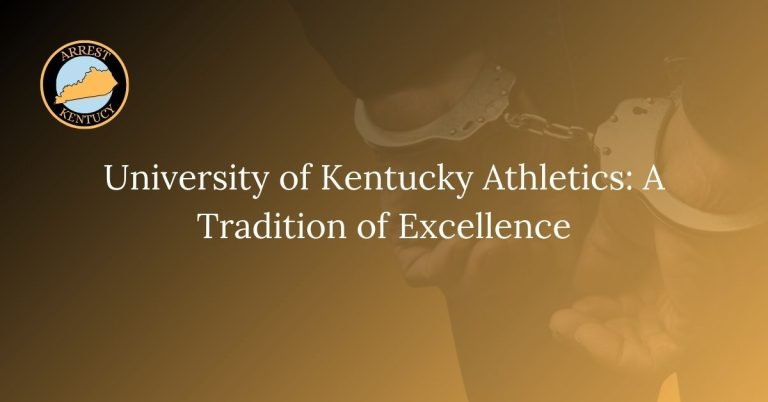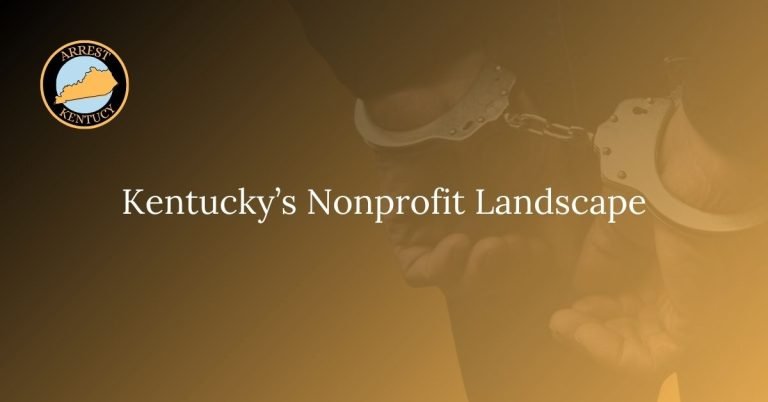Education Choices in Kentucky

Kentucky, celebrated for its rich heritage and diverse culture, also offers a wide array of educational opportunities. Among these, private and charter schools emerge as notable alternatives to traditional public education. These institutions are often sought after for their distinctive teaching methods, smaller class sizes, and specialized programs, which cater to students’ unique learning styles and interests.
These private and charter schools provide innovative approaches to education that can better meet the diverse academic needs of Kentucky’s student population. With a focus on tailored instruction, these schools often emphasize a more personalized learning experience. This has made them an attractive option for parents seeking an education that aligns more closely with their child’s specific needs and aspirations.
Understanding Private Schools
Private schools in Kentucky vary widely, catering to students from different backgrounds and beliefs. Religious schools integrate moral and spiritual values with academic learning, while secular private schools focus solely on academics. Independent private schools may follow unique educational philosophies, offering diverse options for parents and students.
One key advantage of private schools is smaller class sizes, allowing for more personalized attention. This helps teachers better understand each student’s strengths and weaknesses, fostering enhanced academic support. Private schools can design their own curricula and extracurricular activities to suit the needs and interests of their students, often fostering a close-knit community among students, parents, and faculty.
Despite common misconceptions, private schools are not exclusively for affluent families. Many offer financial aid, scholarships, and grants to make education accessible to a wider range of students, reflecting their commitment to inclusivity and educational equity.
Role of Charter Schools
Charter schools are a crucial part of Kentucky’s educational landscape. These public schools operate under a specific charter with state or local authorizers, enjoying greater autonomy than traditional public schools. This flexibility allows them to implement innovative teaching methods and curricula tailored to themes like arts, science, or technology.
Charter schools provide unique learning opportunities, catering to diverse interests and learning styles. Their ability to quickly adapt to the evolving needs of their students and communities is a significant advantage. Accountability is crucial for charter schools; they must meet performance goals outlined in their charters, ensuring continuous commitment to quality education.
Impact on Education
Private and charter schools significantly enhance Kentucky’s educational landscape. They introduce healthy competition, motivating public schools to improve their offerings. The autonomy of charter schools allows them to experiment with cutting-edge teaching methodologies, benefiting the broader education system through shared innovations.
These schools offer parents a range of educational choices, empowering them to select the best fit for their child’s unique learning needs. This freedom of choice fosters a stronger partnership between schools and families, promoting a more personalized and engaged educational experience for students.
Frequently Asked Questions
Commonly asked questions often cover topics such as available public and private school options, details on charter schools, and guidance on higher education institutions.
What are private schools?
Private schools in Kentucky are independent institutions funded by tuition, donations, and sometimes religious organizations. They set their own curricula and admission criteria, providing a wide range of educational options. Some private schools focus on academics, while others incorporate religious teachings or unique educational philosophies.
How to enroll in a private school?
The enrollment process varies by institution. Start by contacting the school to inquire about admission requirements, application deadlines, and any necessary exams or interviews. Some private schools may have waiting lists, so it is important to plan ahead and complete all paperwork on time.
Are private schools religious?
Some private schools in Kentucky are affiliated with religious organizations, while others are secular. If you have specific preferences regarding religious teachings, research the school’s background and mission to find a suitable match for your family’s values and beliefs.
Do charter schools charge fees?
Charter schools in Kentucky do not charge tuition fees. They are publicly funded and free to attend for students within their designated attendance zones. However, there may be voluntary contributions or fees for certain extracurricular activities or supplies.
What are charter school standards?
Charter schools in Kentucky must meet high-performance standards outlined in their charters. These include academic goals and student achievement targets. Regular evaluations ensure that they remain committed to their objectives, and failure to meet these standards can lead to intervention or closure.
Are scholarships available?
Yes, there are scholarship and financial aid options for students attending private schools in Kentucky. Schools may offer scholarships based on academic or extracurricular achievements, and external scholarship programs and need-based financial aid options are also available. Contact specific schools for details on their financial assistance programs.






